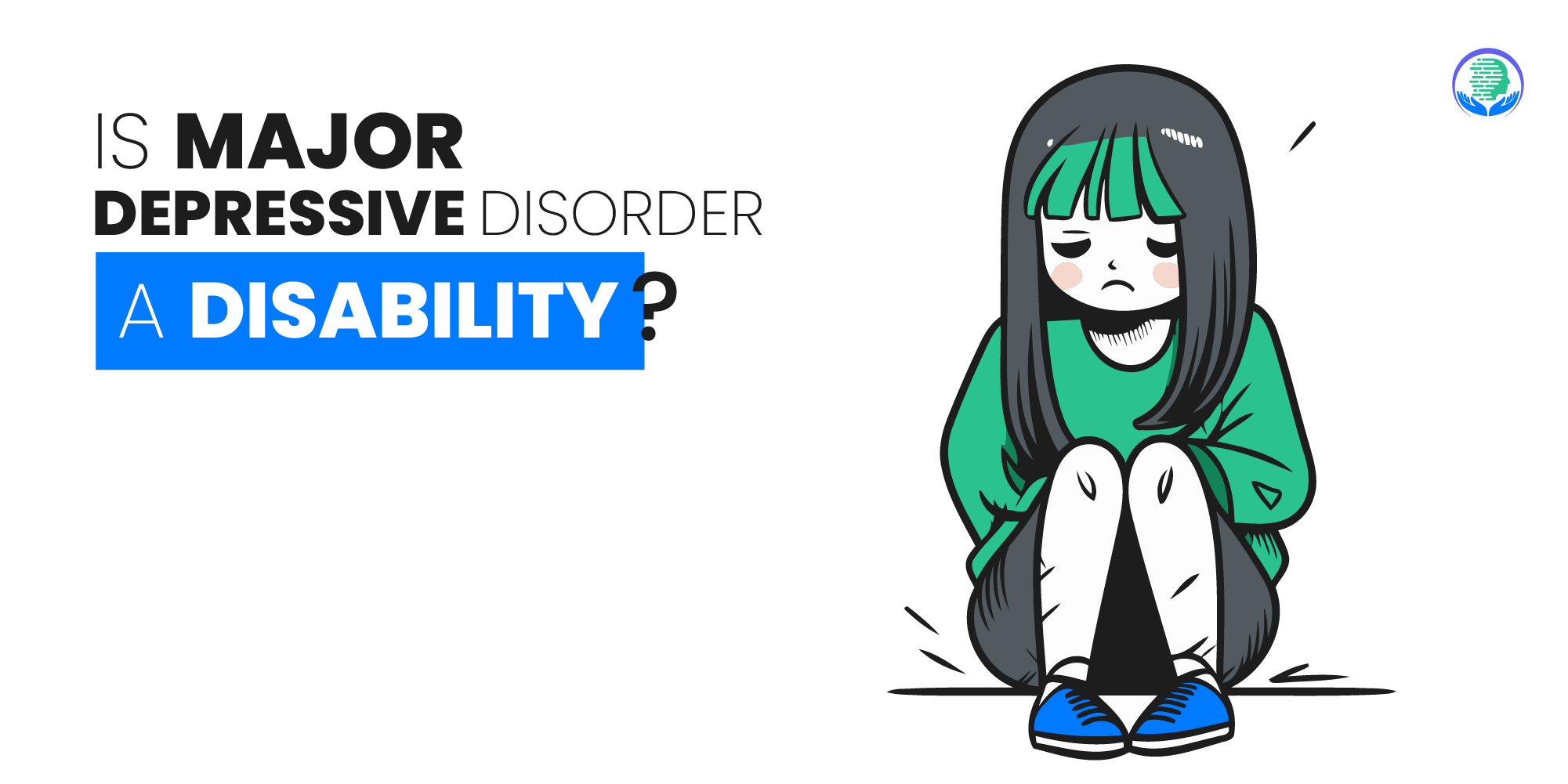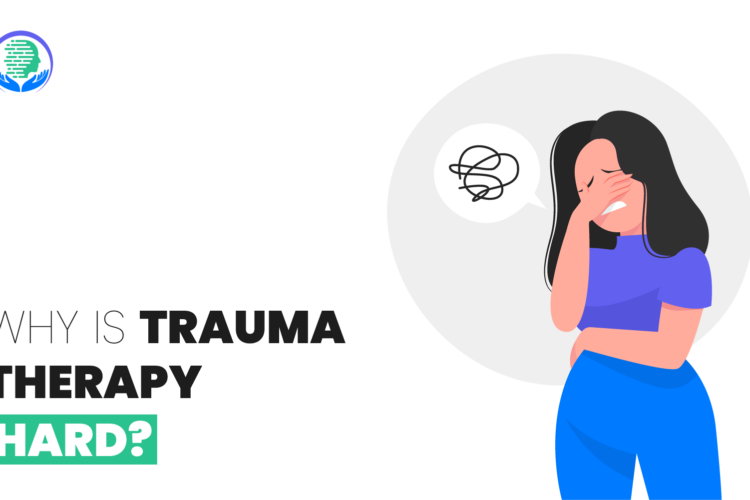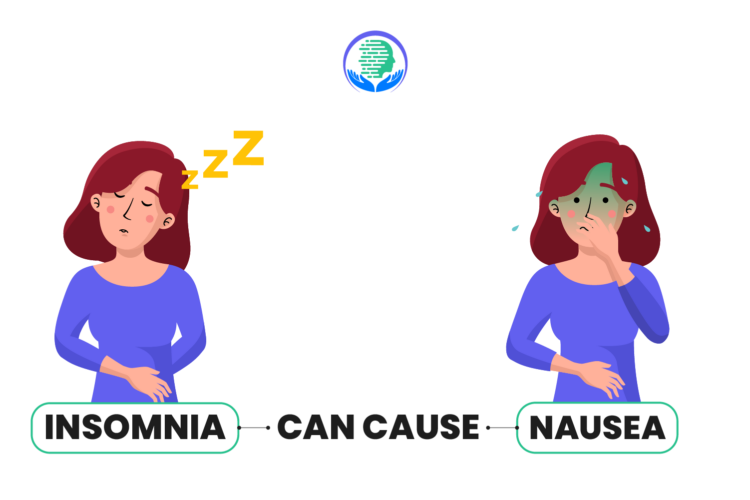
Living with depression means it impacts your daily life activities. Likewise, continuously facing depression may lead to disability.
Depression is a mood disorder that gets worse over time, and you feel a severe level of sadness as time passes.
Moreover, depression affects our essential functions, like sleep patterns, focusing on tasks, and eating routines.
So, is major depressive disorder a disability?
Depression is considered a disability under both the Social Security Administration (SSA) and the Americans with Disabilities Act (ADA).
To get primary care for depression, you may reach out to Zion Healthcare Services. We are here to alleviate your depression and take you out of it.
Is Major Depressive Disorder A Disability?
Since MDD is one of the most common psychiatric illnesses causing disability globally, people are hesitant to talk about it.
The most important thing for people with such a condition is to seek professional help.
Moreover, spreading awareness about it is also crucial, as many people are unaware of it.
Depression is considered a disability when it stops you from engaging or finishing daily activities and responsibilities.
This kind of depression may qualify you for a disability claim if you obtain a few requirements:
- Clinical depression
- Postpartum depression
- Persistent depressive disorder
- Depression with occurrences of psychosis
Useful Resources:
- National Institute of Mental Health
- SHAMSA Substance Abuse and Mental Health Services Administration
Can You Claim Disability Due to Depression?
Yes, you can claim disability while facing depression. The ADA approved it as a disability and established a few requirements for it. These are:
- A mental impairment that considerably reduces one or more major life events of such an individual.
- A history or record of mental or physical disability.
- The impairment should be viewed as real or apparent and have subjected the person to actions forbidden by ADA law.
For further information and details about depression and its treatment, you may contact us.
Criteria Under Which Depression Considered a Disability
Depression is a mental health illness that every one out of six people faces in the United States.
You can also claim for disability for depression if you fulfill the following criteria:
- Persistent Sadness or Hopelessness: Continuous feelings of sadness, emptiness, or hopelessness that disrupt day-to-day living.
- Impairments: Noticeable difficulties in daily activities like work, school, social interactions, or self-care that are directly related to mood disturbances.
- Duration: Symptoms that persist for at least two weeks indicating chronic rather than temporary issues.
- Medical Documentation: Clinical diagnosis or assessment from a licensed healthcare professional stating the severity and expected duration of the condition.
- Impact on Life Activities: Severe depression affects one’s ability to perform major life activities, including mobility, communication, and self-care, thereby qualifying as a disability.
Types of Benefits That You Can Avail of Due to Disability
1. Social Security Disability Insurance (SSDI)
SSDI is the first means you may consider if depression has interrupted your ability to work. To be suitable for the program, you must:
- You have the proper medical proof that you haven’t been able to work for at least 12 months.
- You should also show medical evidence that documents your diagnosis and severity of symptoms.
The more specific and accurate benefits that you’ll receive depend upon your mental health condition and the extent of the disorder you are facing.
2. Supplemental Security Income (SSI)
You can get the SSI benefits along with the SSDI. This program is designed to help people who have both low revenue and little possessions. It would help if you met the following necessities to qualify:
- A proven disability due to depression that a mental health professional documents.
- You have at least five of these symptoms:
- Depressed mood.
- Loss of interest or pleasure in most activities.
- Appetite changes, such as weight loss or gain.
- Sleep disturbances, such as insomnia or excessive sleeping.
- Psychomotor agitation or retardation (observable physical or mental slowdown or restlessness)
- Fatigue or loss of energy.
- Feelings of guilt or worthlessness.
- Difficulty concentrating or making decisions.
- Thoughts of death or suicide.
- You must also show that depression affects the way you perform basic job-related activities.
Concluding Thoughts
Is major depressive disorder a disability? Yes, it is considered as a disability.
When you claim for disability due to depression, you’ll get the incentives as well.
This is because it’s a condition that makes a person unable to work and feel continuous sadness.
To gain more insights and know about depression, you may reach out to us at Zion Healthcare Services PLLC.
Frequently Asked Questions
How do people live with MDD?
Living with MDD isn’t easy. People have to manage their conditions through a thorough care plan. It can include therapy, medication and making some healthy/positive life changes.
Is MDD a lifelong illness?
Major depressive disorder is possibly a long-term illness for many patients.
So, the maintenance therapy is intended to prevent relapse in patients with persistent depression who have recovered.
What happens if MDD is not treated?
If MDD is untreated, it can cause severe consequences.
It causes:
- A lot of issues with daily living/functioning.
- Issues with physical health.
- Suicidal thoughts.
Who suffers from MDD?
The symptoms of depression start in the teen years as well as in the 20s and 30s.
It can affect all genders.


